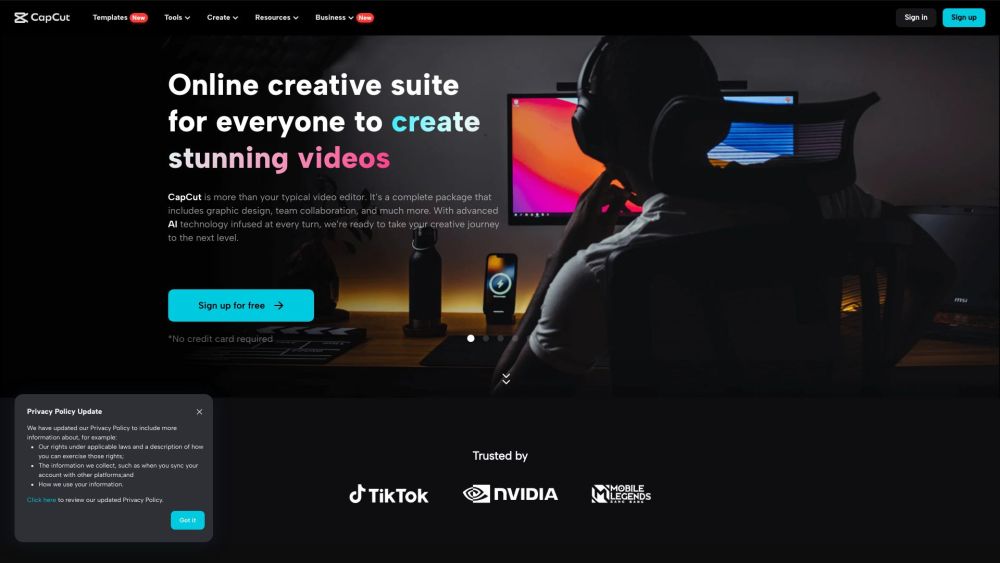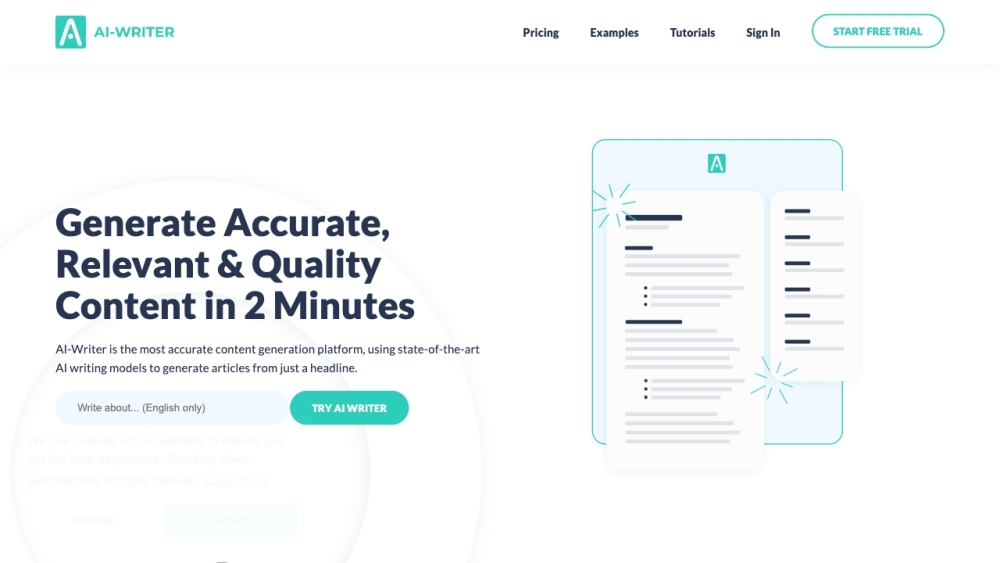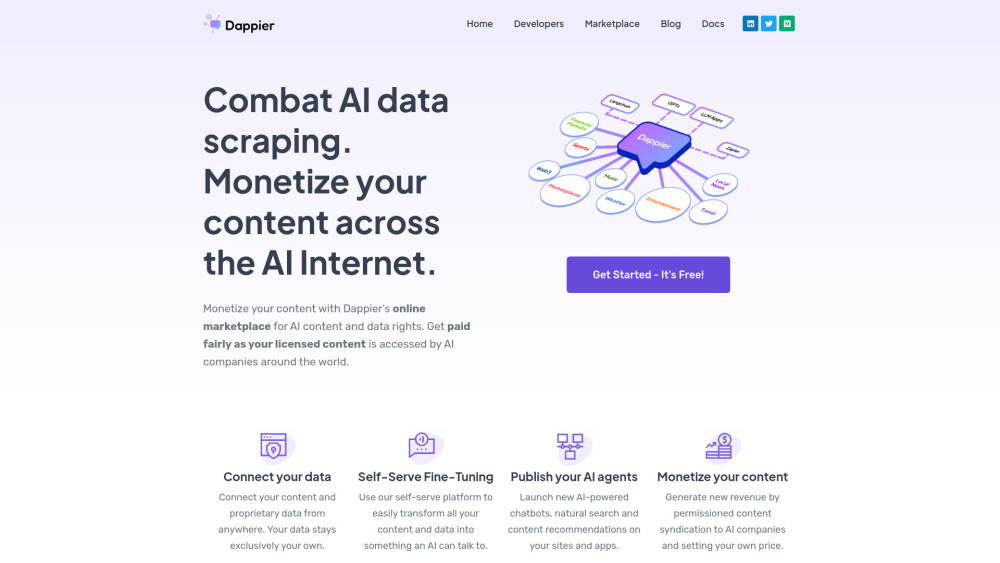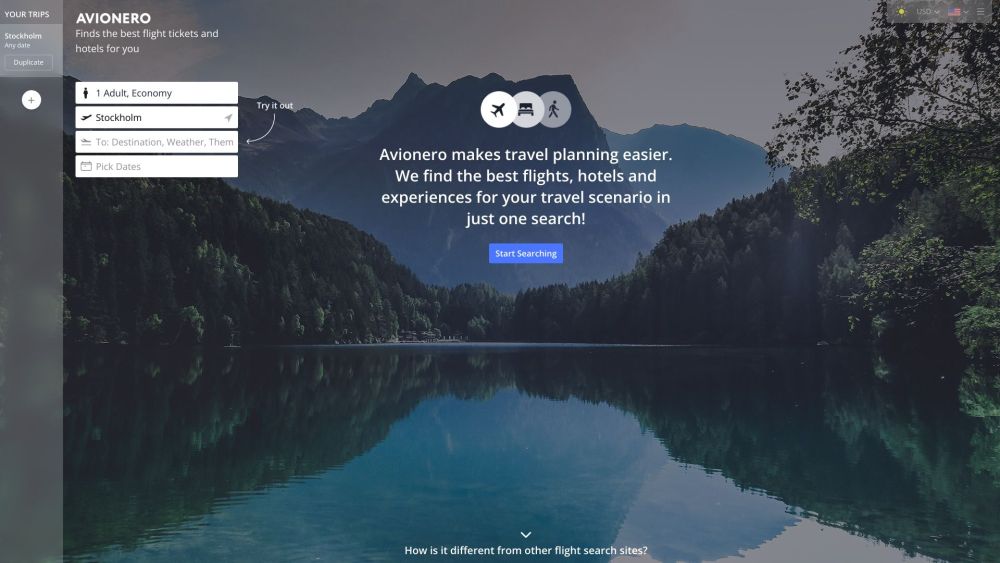The competitive landscape of artificial intelligence is intensifying, particularly with the recent launch of Google’s latest upgrade to its Gemini multimodal model. The impressive Gemini 1.5 features a remarkable one million-token context window, significantly enhancing its capability to process and analyze expansive datasets. As outlined in Google's announcement, this new iteration outshines the original Gemini, accommodating approximately 700,000 words, one hour of video content, 11 hours of audio, or 30,000 lines of code simultaneously. In contrast, OpenAI's GPT-4 Turbo offers a context window limited to 128,000 tokens.
The first accessible version for users is Gemini 1.5 Pro, a mid-sized model that provides developers and enterprise clients with the opportunity to utilize this extensive context window through AI Studio and Vertex AI in a private preview. Google asserts that Gemini 1.5 Pro's performance aligns with that of Gemini 1.0 Ultra, the most advanced model in the Gemini suite.
Exploratory access to the one million-token context window incurs no fees. However, users should anticipate longer latency times as this feature remains experimental. Google’s CEO Sundar Pichai noted in a blog post that this enhanced context will empower developers to create dramatically more effective models and applications.
Google demonstrated the capabilities of Gemini 1.5 Pro by extracting insights from a 402-page PDF transcript of the Apollo 11 moon landings, showcasing the model's ability to pinpoint quotes with precise timestamps and identify relevant passages based on unconventional prompts, such as simple drawings.
This announcement arrives on the heels of Nvidia recently surpassing Google as the third most valuable company in the United States, trailing Microsoft and Apple. As of Wednesday’s market close, Nvidia was valued at $1.81 trillion, while Google's parent company, Alphabet, stood at $1.78 trillion. However, the market reaction to the reveal of Gemini 1.5 Pro was lukewarm, with Google shares declining by 3.3% to $143.88 during midday trading.
In a significant advancement, Gemini 1.5 operates with improved efficiency, utilizing less computational power compared to Gemini 1.0 Ultra despite its ability to manage extensive input. Demis Hassabis, CEO of Google DeepMind, indicated that optimizations for latency are a focus as the team prepares to release the full one million-token model.
Gemini 1.5 is constructed using a hybrid architecture that combines Transformer and Mixture of Experts (MoE) methodologies. This innovative framework integrates a large neural network with smaller "expert" networks designed for specialized tasks. Hassabis noted that this architecture enhances the model's ability to learn complex tasks rapidly while preserving quality and optimizing training efficiency. He emphasized that this model represents a fundamental shift in Google’s approach, building on substantial research and engineering advancements across various facets of foundation model development.
Industry experts like Lian Jye Su, Chief Analyst at Omdia, view the model’s unique architecture as indicative of future trends in AI development. He remarked that this blend of Transformer and MoE signals a shifting paradigm, potentially reducing the resources required for training smaller expert models. Principal Analyst Alexander Harrowell highlighted that this strategy confirms Mixture of Experts as a focal point in AI research, noting that Google has been pioneering efforts in this domain since at least 2017.
While specifics about the number of parameters and the total experts utilized in Gemini 1.5 remain undisclosed, Harrowell asserted that the emphasis on mid-sized models is gaining traction within the industry. Additionally, Su observed that the timing of Gemini 1.5’s release aligns with OpenAI CEO Sam Altman’s recent hints of an impending GPT-5 with enhanced functionalities. This suggests that Google is progressively aligning its research and development cycle with OpenAI’s innovations, although further benchmarks will be necessary for a comprehensive performance evaluation.




